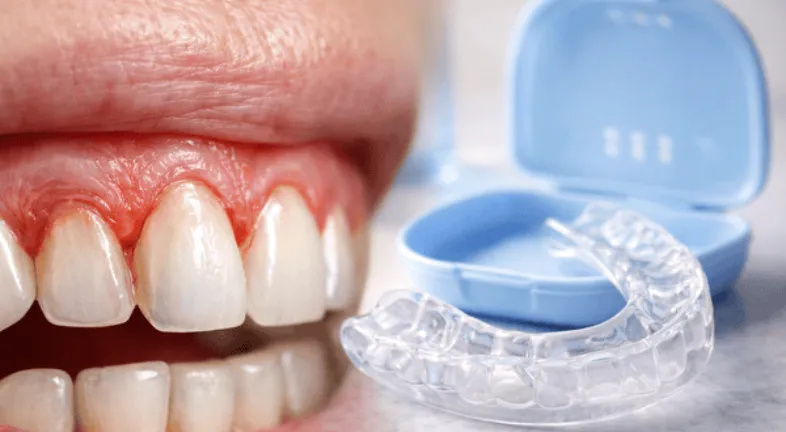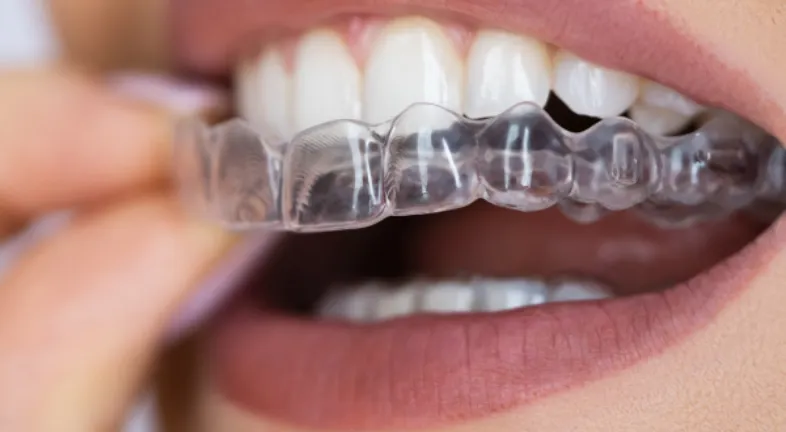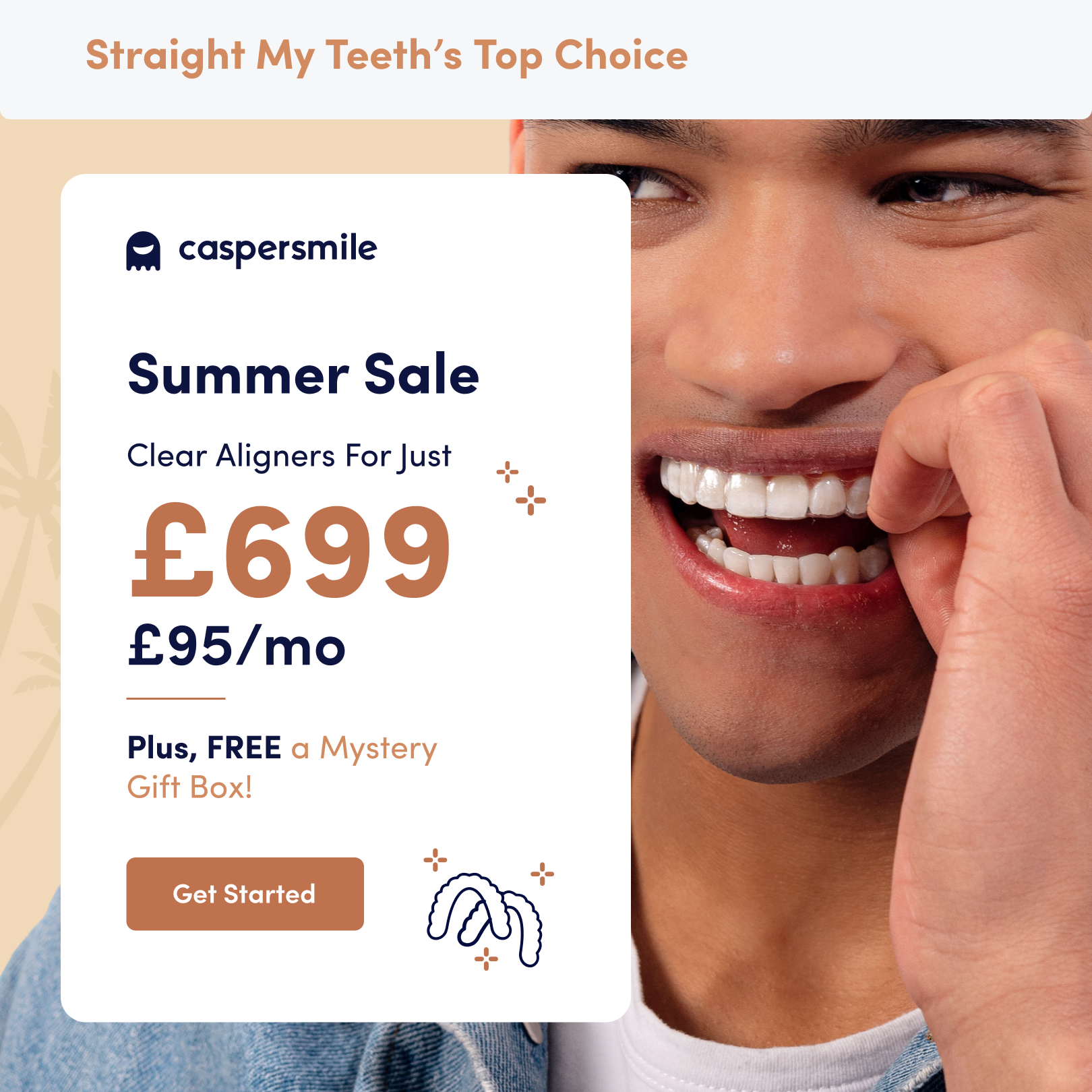
Table of Content
Did you know that brushing your teeth directly after drinking coffee could have a very bad impact? Do you start your day with a big cuppa? You aren’t the only one! Approximately 30 million Brits drink coffee every day, yet drinking your espresso every now and again (in excess of five cups per day) can be very bad for your teeth and mouth.
It’s a well-known fact that espresso can discolour your teeth, damage your teeth surface in turn having an adverse effect on its minerals and preventing its protective function. Plus, since your enamel is not alive, it can’t revitalise. And if you’re wearing aligners, it can also stain them. Yet, coffee can have some medical advantages, such lowering cancer chances, and supporting your digestive system.
You may ask yourself, how can something tastes so right and yet feels so wrong? Would it be better if you were to forget about coffee altogether, to ensure your teeth health in the long run? Not exactly, not yet anyway… You can still drink your espresso as long as you properly deal with your oral well-being, and shockingly… that implies delaying brushing your teeth, which is something you should do anyway to ensure the longevity and clarity of your aligners.
Your first intuition after drinking your cuppa would be to brush straight away, right?… Wrong… That sounds like a good idea, but in reality you would do more damage than good. Why? Because some very acidic beverages (like wine, espresso, sparkling sweet drinks) are very damaging to the teeth surface. So, if you were to brush straight away, you would harm your enamel and the yellow bit underneath, the dentin. By delaying brushing for up to 30 minutes or more, you allow the tooth surface to solidify once again. And you also stop your aligners from potentially staining.
So, drinking coffee can still feel good first thing in the morning and for a very long time! Just make sure you take the right steps to safeguard your mouth, aligners and teeth health along the way!
Curated the best for your knowledge
.webp) Cavities: Why Cleaning Your Essix Retainer Is Important
Cavities: Why Cleaning Your Essix Retainer Is ImportantCavities do not usually start with pain; they begin quietly. A thin film of plaque forms, bacteria settle in, and before you realize it, enamel has started to weaken. The risk of cavities often increases when you wear oral appliances like Essix retainers. However, the retainer itself is not the issue; improper maintenance and neglecting cleaning are the main culprits. If you have invested in orthodontic treatment, whether traditional braces or clear aligners, your retainer is what protects that investment. But an unclean one just makes matters worse. So, let’s walk through this guide to understand why cleaning your Essix retainer is important.
Read More Can Mouthguards Cause Gum Recession
Can Mouthguards Cause Gum RecessionMouthguards are usually seen as the “good guys” of dental care. They protect teeth from grinding, cushion heavy bites, and help prevent long-term damage. So when someone notices sore or receding gums while wearing one, confusion sets in fast. Can mouthguards cause gum recession, or is something else going on? The honest answer isn’t a simple yes or no. Gum recession almost never has one single cause. It’s usually the result of pressure, inflammation, habits, and time all working together. Mouthguards can sometimes contribute to irritation, but in many cases, they’re actually helping prevent worse damage. Understanding the difference matters more than blaming the device.
Read More How to Clean Essix Retainers
How to Clean Essix RetainersIf you wear Essix retainers, commonly known as clear retainers, you already know they are both amazing and annoying. Essix retainers are nearly invisible, lightweight, and comfortable. At the same time, they stain easily, hold onto odors, and can appear questionable if not properly cared for. Cleaning Essix retainers sounds simple. Rinse, brush, done. But if you’ve ever pulled yours out of its case and wondered why it smells off or looks slightly yellow, you already know there’s more to it. In this blog, we will guide you through how to clean Essix retainers properly, what to avoid, how often to clean them, and why they change color over time.
Read MoreQuick Links

Heading